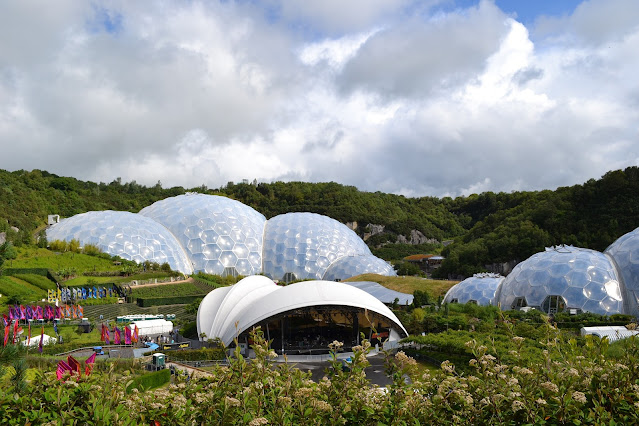EcoGenesis Year 2052
Foreword:
In contemplating the path toward resourceism, it becomes clear that the catalyst for its rapid adoption remains uncertain. The future beckons us towards a transformative awakening, and perhaps only through a dramatic event will humanity find the collective will to embrace equitable and sustainable resource management. Whether catalyzed by ecological disasters, technological breakthroughs, global crises, or profound shifts in consciousness, our journey toward resourceism holds endless possibilities. It is within these potential scenarios that the true essence of our shared destiny unfolds.
January 01, 2053
Once ravaged by an ecological catastrophe, the world of 2052 emerged from the ashes with a united purpose. The scars of the disaster had forged a global consciousness, prompting the birth of a participatory democratic government, leveraging advanced technology. In the wake of this monumental shift, resourceism—a socio-economic system centered around equitable and sustainable resource management—gained acceptance as the beacon of hope for a brighter future.
The year was marked by a palpable optimism, as the global community embraced the principles of resourceism and harnessed the potential of cutting-edge technologies. Nations collaborated on policies and initiatives, utilizing advanced systems to analyze data, predict resource trends, and facilitate informed decision-making. These technological advancements ensured that the global democratic government operated with efficiency and inclusivity.
Under the new resource-based economy, technology played a vital role in optimizing resource allocation. Smart systems guided the transition to renewable energy sources, leveraging data-driven insights to maximize efficiency and minimize environmental impact. Innovative approaches to agriculture empowered communities to cultivate food sustainably, while technology facilitated effective resource management.
The participatory democratic government empowered citizens to actively engage in decision-making processes. Through digital platforms and inclusive governance, individuals had a direct say in shaping policies, sharing their perspectives, and collectively envisioning a sustainable future. This participatory approach ensured that the benefits of resourceism were felt by all, with marginalized voices receiving due attention.
Education became a cornerstone of the new society, equipping individuals with the knowledge to navigate the complexities of technological advancements and encouraging critical thinking about their ethical implications. Collaborative efforts between experts, policymakers, and educators ensured that technologies were developed and deployed in a manner that aligned with the principles of resourceism and upheld human rights.
Communities thrived as resourceism and technological advancements intertwined harmoniously. Local initiatives, fueled by data-driven insights, flourished, addressing community needs and promoting sustainable development. The power of technology enhanced resource utilization, transformed infrastructure, and improved the quality of life for all inhabitants.
As the year 2052 drew to a close, the success of resourceism's resource-based economy, bolstered by technological advancements and participatory democracy, became evident. The world stood as a testament to humanity's resilience, adaptability, and commitment to building a sustainable future. The vision of an equitable and environmentally conscious society had become a tangible reality, where technology served as an empowering tool and participatory democracy ensured collective decision-making.
The story of 2052 was not just one of triumph over adversity, but also a testament to the transformative potential of resourceism, technological advancements, and participatory democracy. It showcased how the fusion of human ingenuity, advancements in technology, and inclusive governance could shape a world where the Earth's resources were cherished, shared, and safeguarded for the well-being of present and future generations.
Afterword:
Resourceism, with its democratic and resource-based socio-economic system, offers us a profound opportunity to not only transform human society but also safeguard the well-being of all life on Earth. By recognizing that the Earth's resources are the shared inheritance of every being, we can foster a harmonious coexistence with nature. Through equitable resource management, we ensure the preservation of ecosystems, protect biodiversity, and secure a sustainable future for generations to come. Let us embrace resourceism as a powerful ideology that nurtures not just human prosperity, but the flourishing of all life on our precious planet.
"The Choice is Ours: Resourceism and the Future of Humanity" - An insightful book that delves into the principles and potential of resourceism, exploring its impact on shaping a sustainable and equitable future. Available at: link to the resourceism.com article
Resourceism.com - A comprehensive website dedicated to resourceism, offering articles, essays, and resources that delve into the philosophy, principles, and practical applications of resourceism. Visit: www.resourceism.com
